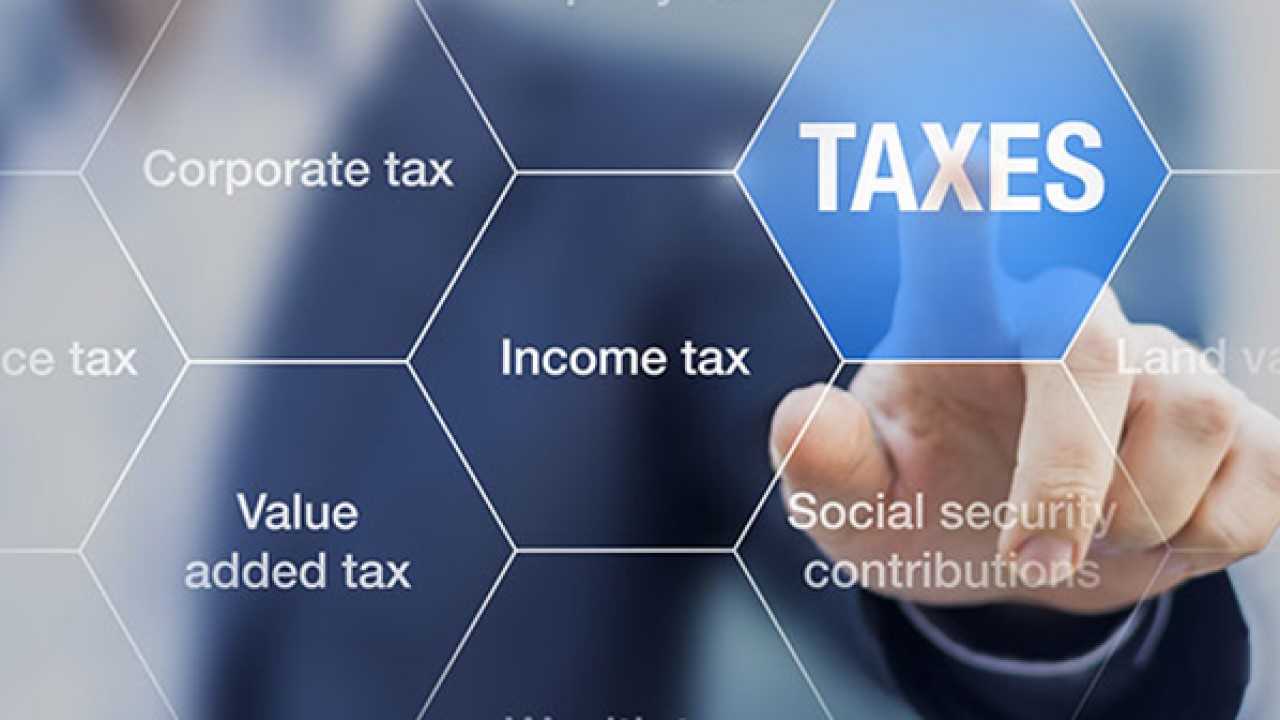The tax regime in India has been plagued by instances of high-pitched assessments leading to increase in litigation, cumbersome compliance requirements and a very unfriendly tax administration which all put together has led the taxpayer to be at the mercy of this tax terrorism. While successive governments have always stated that they would like to follow a non-adversarial approach, but at the ground level, things have always been different. The present government took some remedial measures to reduce the pending litigation by introducing the dispute settlement schemes i.e. the Sabka Vishwas Samadhan Scheme under the Indirect tax regime and Vivaad se Vishwas Scheme under the Direct Tax regime. While these initiatives are laudable, they do not address the root cause of the problem.
Recognising the need for an image makeover, the government amended the Income-tax Act by inserting section 119A vide Finance Act 2020. The section provides that “The Board shall adopt and declare a Taxpayer’s Charter and issue such orders, instructions, directions or guidelines to other income-tax authorities as it may deem fit for administration of such Charter.” Many countries in the world have adopted the taxpayers charter which has helped to bridge the trust deficit between the taxpayer and the collector. Following this amendment
The Charter is a 20-point statement divided into two parts. The first part comprises 14 points being the commitments from the department and the second part consists of six expectations of the authorities from the taxpayer. Amongst the 14 commitments, treat the taxpayer as honest, collect the correct amount of tax, hold its authorities accountable, reduce cost of compliance, provide a mechanism for appeal and review and provide complete and accurate information, are the most pivotal aspects of the Charter. Once the department has taken the route of adopting the charter, now is the time to demonstrate its seriousness about the Charter. All assessing officers should be made aware of this Charter and henceforth all questions raised in an assessment about the transaction in question must be based on the presumption that it is a legally justifiable transaction. Collection of the correct amount of tax and the officers being made accountable should put an end to the high-pitched assessments. Every change in the law should, henceforth, be tested against the Charter for increase in compliance burden. If such change increases the compliance burden, then such a change should not be made as the Charter, among many commitments, provides to “reduce the cost of compliance”.
Had the authorities been serious about the Charter, then the recent changes made to tax collection of source (TCS) regime, wherein sale of goods has been covered under TCS regime, would not have found its way on the statute book. Another instance of lack of seriousness about the Charter has been demonstrated by the TRACES wing of the department in cases of non-residents. When a non-resident sells his immovable property in India, then the buyer is subject to withhold tax u/s 195 of the Act unless the non-resident seller has obtained a NIL withholding tax certificate from the department. The requirement to deduct tax at source by the buyer of immovable property from the payment made to a resident seller is also there in the law albeit in a different section (194 IA) wherein 1% of tax has to be withheld. In certain cases where the buyer has purchased the property from a non-resident seller, the tax was deducted at the correct rate of 20% but inadvertently the buyer filed the return under the wrong section i.e. 194IA as opposed to filing the return under section 195 of the Act. In the Form 26AS of the seller the correct tax amount was reflected but as explained under the wrong section. The seller took the credit of the tax deducted at 20% and filed his return of income. TRACES after a gap of one-year suo-motto refunded 19% of the tax deducted to the buyer and raised a demand for short payment of tax on the non-resident.
Had the provisions of the Charter been imbibed by the personnel at TRACES, then the correct approach would have been to first write to the buyer and inquire about the transaction and upon noticing the error in the section, requesting the buyer to correct the TDS return. By not following the above simple steps and unilaterally going ahead by refunding the TDS to the buyer, the seller is now forced to litigate this matter in respect of the demand that has been raised.
The important question that arises here is that in such cases can the taxpayer take recourse to the Charter. The Charter though provides that “Taxpayers can approach the Taxpayers” Charter Cell under Principal Chief Commissioner of Income tax in each Zone for compliance to this charter. For more Information, visit http://incometaxindia.gov.in, however, there is no further information on the website. There is no mention of who the concerned PCIT is, there is no room number, no contact number and no email address. The seriousness of this exercise can be judged by this aspect itself. The Charter provides that the department is committed to ‘provide a mechanism for appeal and review’ and ‘provide complete and accurate information’. Both these boxes remain unticked as neither does the Charter spell out the mechanism for appeal and review nor does it provide the full information of the person who is supposed to be the Grievance Redressal Officer.
It is therefore imperative for the department to walk the talk and be serious about the implementation of the Charter; otherwise, instead of reducing the trust deficit the actions of the department taken without cognizance of the Charter will widen the trust gap.
Sachin Vasudeva is Partner, SCV & Co. LLP

